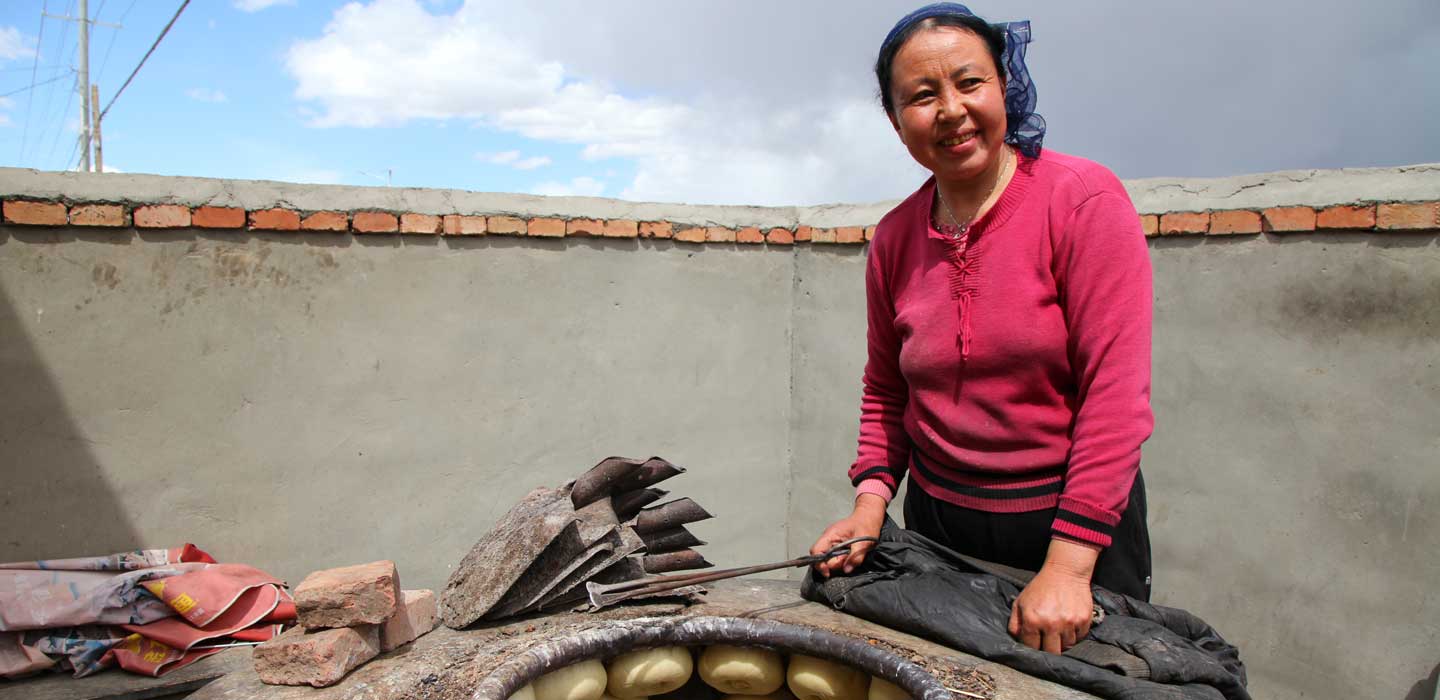Stories
Stories

Stories
Manual Submenu Topics
SearchResultsFilters
Search Results
After the tsunami, home gardens provide fresh food and renewed hope in Tonga
When a massive tsunami devastated low-lying coastal areas in Tonga, local people had to rebuild their lives from scratch. For many, home gardens provided much needed fresh produce, as well as renewed hope for the future.
See how permaculture transformed farmland in Nepal from barren to lush
When Megnath Ale Magar returned to his village in Nepal after a decade working abroad, he found a degraded land. In just three years, he transformed his barren farmland into a lush ecosystem using a permaculture approach.
How over one million small-scale farmers in Pakistan got the information they needed to withstand the COVID crisis
COVID-19 presented new challenges for poor rural farmers in Pakistan. An IFAD-supported project shared personalized advice to farmers via their mobile phones to help overcome the challenges of the pandemic.
Discovering the fruits of the forests in Viet Nam—and preserving them for future generations
Vietnamese rural people need to farm to eat and make a living. But if they don’t do this sustainably, it can damage the land and degrade the forests. IFAD’s new project helps them manage their forests sustainably, while earning a decent living.
Recipes for Change: Sri Lanka - Polos Curry
In Sri Lanka, the climate crisis is causing rising temperatures, increasingly extreme weather events and variable precipitation patterns are harming agricultural productivity and food security. Through the Smallholder Agribusiness Partnership Programme, IFAD offers solutions for rural people, including promoting jackfruit among smallholder farmers because of its high value and resilience.
Leading from the front - How rural women across South Asia are inspiring their communities
From the fields they sow to the harvest they reap and the cattle they raise – women are the backbone of farming in South Asia. Yet, their contributions often remain invisible, and they are denied access to resources and a voice in decisions.